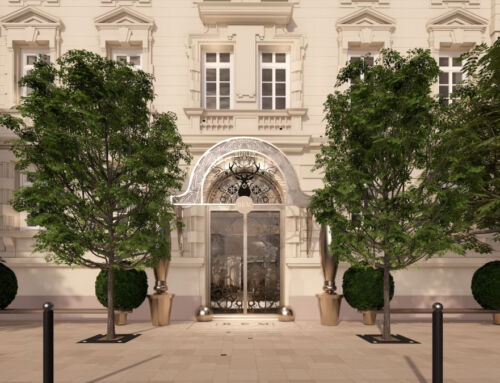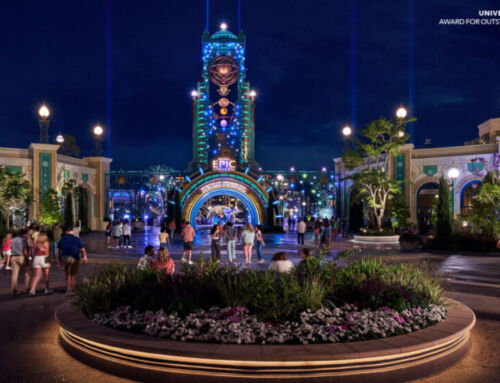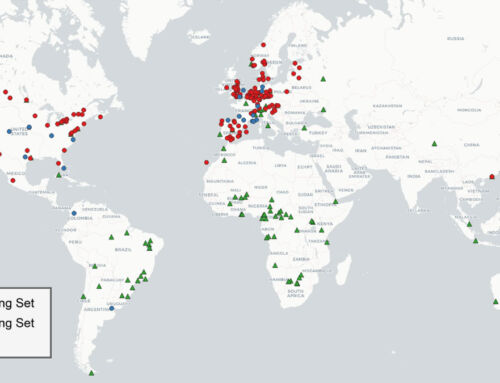Since the World Health Organisation (WHO) declared the Covid-19 pandemic on Wednesday 11th March, beyond the numbers of people affected, there’s also been continual related news from almost all sectors of the economy, including the leisure industry. Some of the facilities that reacted most promptly to the WHO statement were theme parks. In fact, the day after the declaration, The Walt Disney Company announced the closure of two of its theme parks in the US, Disneyland Park and Disney California Adventure. Those in Hong Kong and Shanghai, closest to the origin of the virus, had already closed in late January.
Shortly after the declaration of the pandemic, the large leisure corporation closed Disneyland Paris, as well as its park in Tokyo, until the decision reached, for the first time in history, each one of the parks that it has distributed throughout the world. In the statement announcing the closure, Disney Parks assured that although “no case” of infection had been reported in them, they were closing their facilities “in the interest of their visitors and employees.”
Previously, in some cases in parallel or subsequently, orders for the confinement of citizens followed from the governments of the countries with the most cases of contagion. Tourists’ movements were reduced and cancellations of visits and reservations were already on the rise, since the epidemic began in the city of Wuhan, China, at the end of 2019. Thus, the decrease in theme park attendance numbers, added to the manifest danger of the spread of the disease, were factors that led to their temporary closure.
Hours after the closing of the Disney parks, Universal Studios Hollywood announced the closure of its facilities in the US. The parks of Six Flags Entertainment Corporation and Cedar Fair Entertainment followed. Virtually the entire leisure sector has followed suit, and closures have already reached all theme parks, as well as water parks, movie theatres, theatres, museums and so on, and so on. In short, the leisure and tourism sector has come to a complete halt almost everywhere in the world.
Despite this, the shut-downs have been accompanied by commendable acts of philanthropy by the operators: some of them are donating tons of food to those in need, whilst others entertain the confined population with the publication of videos and shows on online platforms and social networks. The message that is transmitted with these performances is clear: stay at home, entertain yourself as best you can, help each other as much as possible.
Finally, from China there are glimmers that seem to clear the shadows that have hung over the leisure industry since the pandemic began. The country’s authorities have just announced that there have been no new cases of Covid-19 in Wuhan. Theme parks and museums are reopening throughout its territory. Also in Japan, businesses, schools, parks begin to reopen … Legoland Japan reopened from March 23, although with the due precautions: shorter business hours, body temperature controls and veto of those who have a fever. The trend seems to be taking hold and it is hoped that everything will return to normal little by little. In the meantime, don’t forget, stay home, stay safe.






